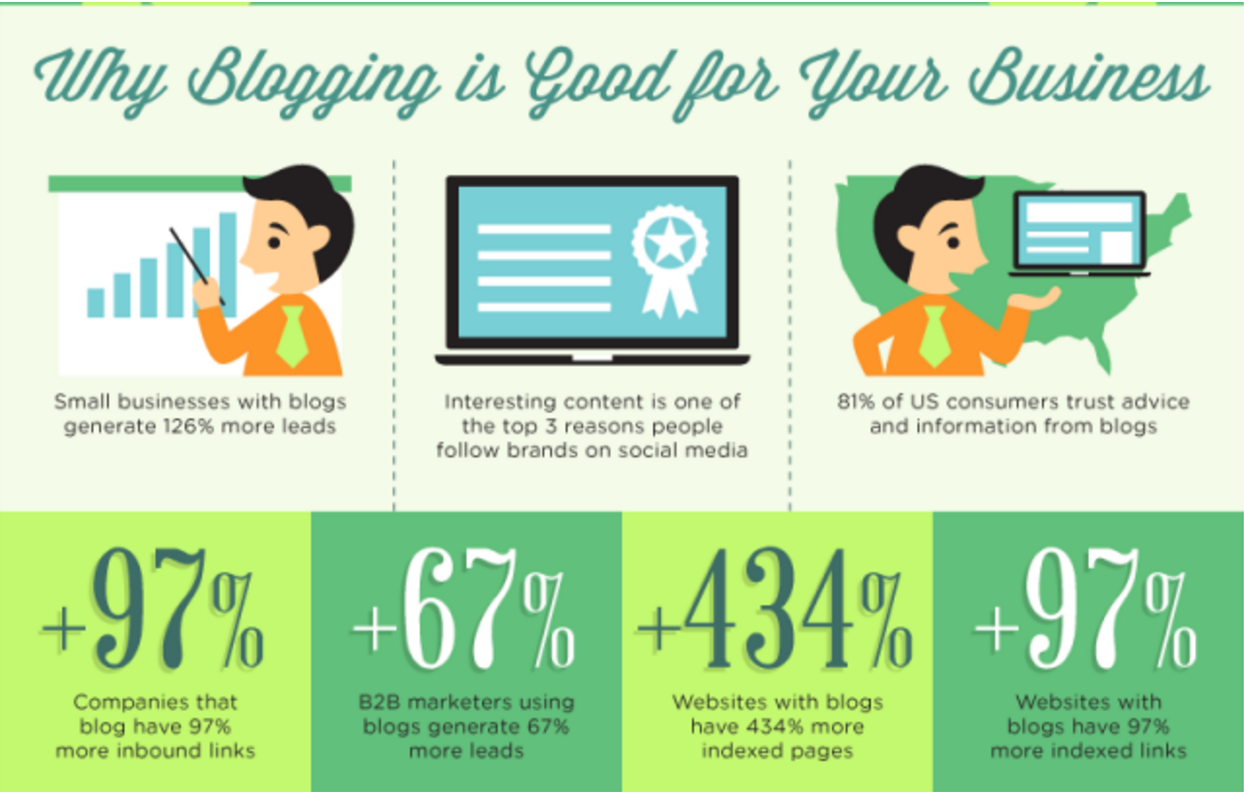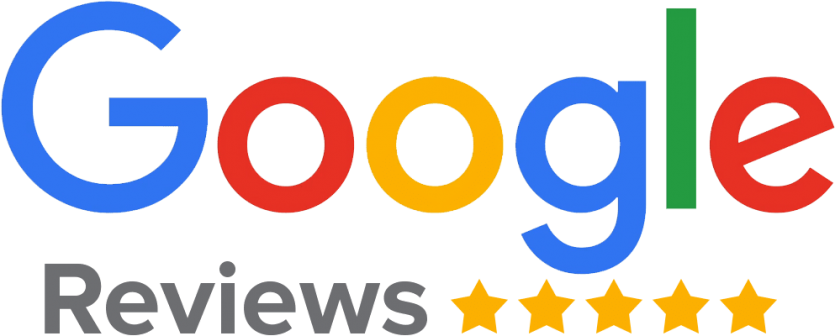Keywords
In laymen’s terms, SEO is about making your site as ‘readable’ as possible for Google. When users type a term into Google it will essentially be reading all the websites in the World Wide Web to see how often this keyword or phrase the user is searching for is mentioned. So, for example, if the user searches ‘hairdresser in Jersey’ and you have this word on your site frequently, chances are it’ll be a big boost in helping you get noticed by Google.
If the keyword stands out on your site for your local area, you’ll get shown as part of the results; and the more it’s mentioned (to an extent) or the more important the word is on your site, the higher you’ll rank.
URL
There are several places in which you can pack in keywords. The first place is in your domain name – of course, it’s important that this relates to your business first and foremost. This is because if someone searches for you by your business title, you’ll immediately pop up. It’s not a good idea to make people guess what your URL might be.
However, if you are able to add a keyword as well, this can really push your Google ranking up. For example, ‘JerseyWeddingShop.co.uk’. Therefore, when people search for ‘wedding shop in Jersey’, chances are you’ll get noticed quickly.
Blogging

It’s also really great to have blog content on your site as this is a great place for packing in keywords and adding plenty more text to your site for Google to read. Ideally, blogs need to be around 350+ words to start getting picked up by Google.
Think about adding keywords to your main subject header as well as to your general content for extra visibility. It is important that the blogs relate to your business sector as this will catch people who are genuinely interested in what you do and will help Google establish what industry sector you fit into. Try to add in synonyms for words so that you are covering lots of different possible search entries.
High quality, well written and insightful blog posts are more likely to be shared on social media and linked to. So quality is often more important than quality.
Meta-descriptions
When you make a search, you will find the information is presented to you in a hierarchy – main title, URL, date and then a short sentence detailing what the page result contains. This is essentially your ‘meta-description’. It is known as a ‘HTML attribute’ and explains what is on the web page.
These are a set length as Google doesn’t show the whole page, so being clear and concise is important. It is also a great place to pack in some keywords to help with your SEO.
Local SEO
When you make a search on Google, what you see will often be different to what another user can see. This is because a lot of the results are based on your location. It’s pretty smart really as there is no point being shown a car garage in Cornwall when you live in here in Jersey.
It does mean you need to think about your local SEO though as this is what determines how often you get picked up in these regional searches. Adding your business address is a one really strong way of doing this, as is adding a Google map to your contact page. Having your phone number is also key, as is adding keywords throughout your site that shows your location.



